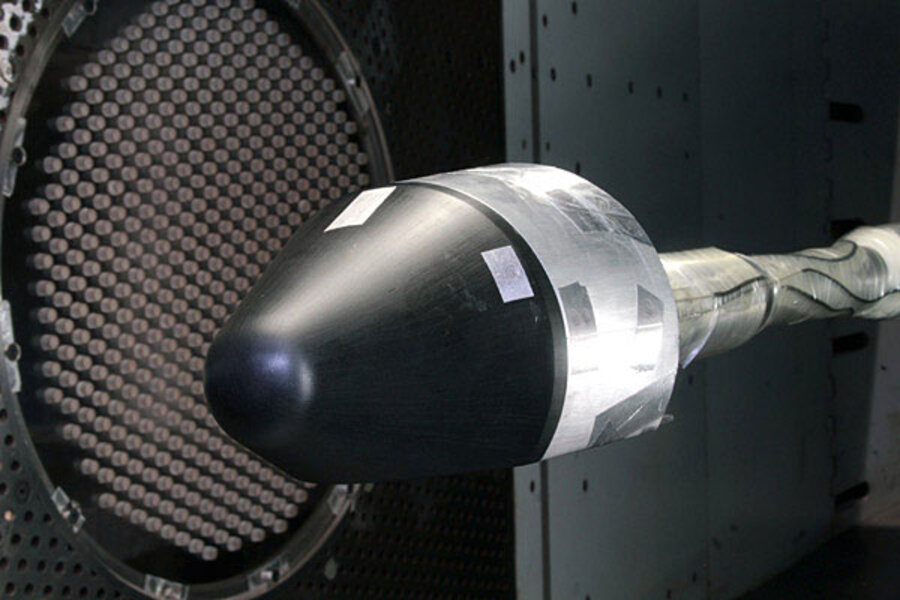The Kent, Wash.-based company founded by Amazon.com founder Jeff Bezos is slated for nearly $27 million in NASA money to develop a fully reusable spacecraft.
Unlike SpaceX or Boeing, Blue Origin is beginning this process with a Project Mercury-like approach – developing a system to take researchers on suborbital flights. Dubbed New Shepherd, the vehicle would employ a reusable booster and capsule. At the doorstep of space, the booster would release the capsule to continue its suborbital arc. The booster would then return to earth, landing vertically under rocket power so it could be reused. The capsule would return via parachute to a location near the launch site.
The New Shepherd booster underwent its latest test in August, after a string of apparently successful tests (the company is reported to be highly secretive) since November 2006. The August test reportedly ended in failure.
In the meantime, the company is developing a capsule for orbital missions, also designed to launch initially atop an Atlas V, and later on Blue Origin's own propulsion modules.







